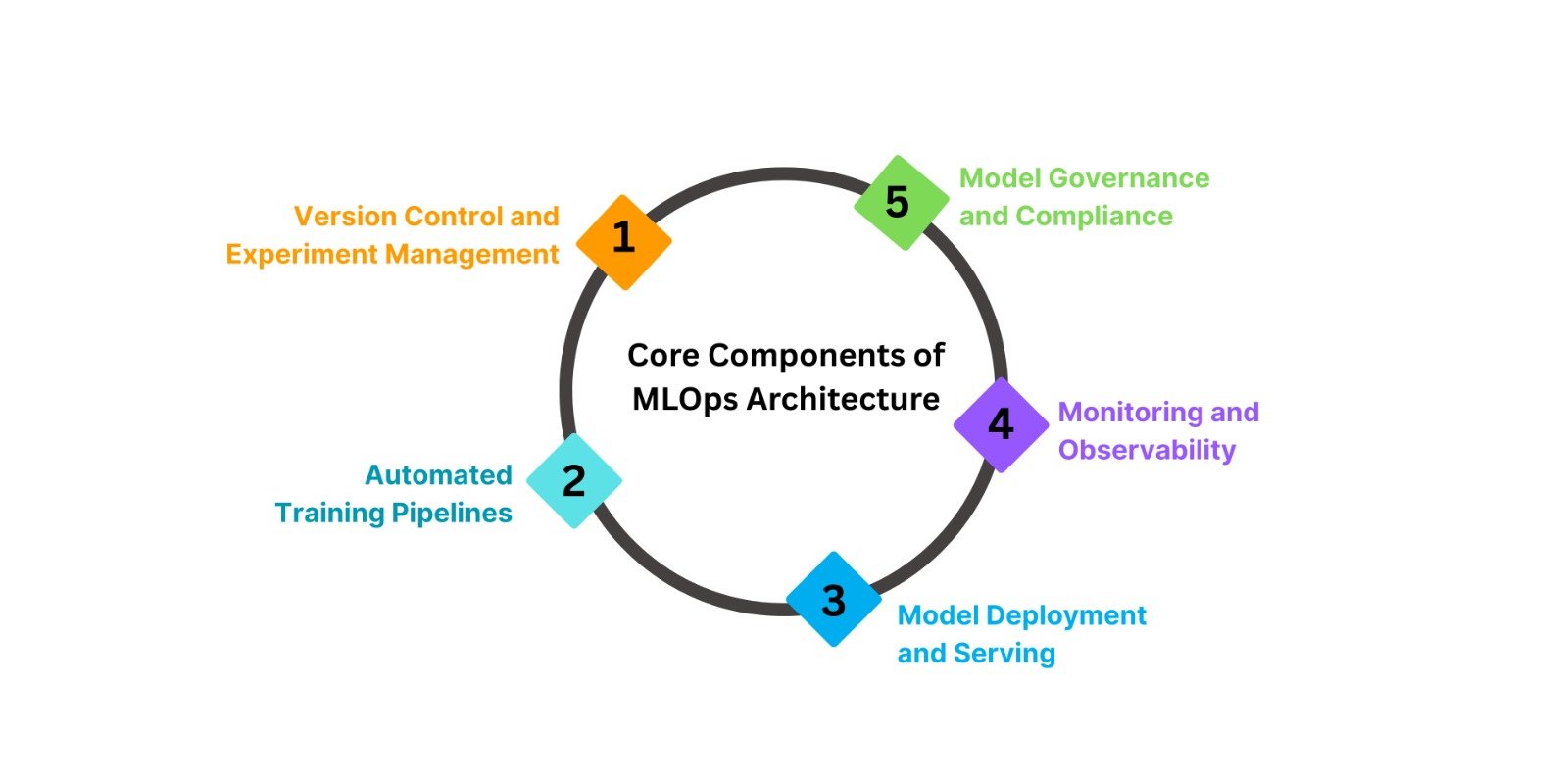The Role of MLOps in Production-Ready Data Science: A Critical Skill for Modern Organizations
In the rapidly evolving world of data science, the journey from prototype to production remains one of the most challenging aspects of machine learning projects. While data scientists excel at building models in controlled environments, translating these models into robust, scalable production systems requires an entirely different skill set. This is where Machine Learning Operations (MLOps) emerges as a critical discipline that’s reshaping how organizations approach data science.
Understanding MLOps: The Missing Link in Data Science
MLOps represents the convergence of machine learning, software engineering, and DevOps practices. It encompasses the tools, processes, and cultural practices needed to deploy, monitor, and maintain machine learning models reliably in production environments. Unlike traditional data science workflows that often end with model validation, MLOps extends the lifecycle to include deployment, monitoring, retraining, and governance.
The discipline addresses fundamental challenges that plague many data science initiatives: models that work perfectly in development but fail in production, lack of reproducibility, difficulty in scaling, and the infamous “model decay” where performance degrades over time due to changing data patterns.
Why MLOps is Essential for Production Success
The statistics are telling: according to recent industry surveys, only about 20% of machine learning models ever make it to production, and among those that do, many fail to deliver expected business value. This gap between experimentation and production readiness has created a significant demand for professionals who understand both the science and the engineering aspects of machine learning systems.
Modern businesses require ML systems that can handle real-world complexities: varying data quality, changing user behaviors, regulatory compliance, and the need for real-time decision making. These requirements demand sophisticated infrastructure, automated pipelines, and continuous monitoring – all core components of MLOps practice.
Core Components of MLOps Architecture
Version Control and Experiment Management: Effective MLOps starts with proper versioning of code, data, and models. Tools like Git, DVC (Data Version Control), and platforms like MLflow enable teams to track experiments, reproduce results, and maintain model lineage. This is crucial for regulatory compliance and debugging production issues.
Automated Training Pipelines: Production-ready ML systems require automated retraining capabilities. This includes data validation, feature engineering, model training, evaluation, and testing – all orchestrated through automated pipelines that can run on schedules or be triggered by data changes.
Model Deployment and Serving: Deploying models involves more than just putting code on a server. It requires containerization, load balancing, A/B testing capabilities, and gradual rollout strategies. Understanding deployment patterns like blue-green deployments, canary releases, and shadow deployments becomes essential.
Monitoring and Observability: Perhaps the most critical aspect of production ML systems is continuous monitoring. This includes tracking model performance metrics, detecting data drift, monitoring for bias, and alerting when models require attention. Without proper monitoring, models can fail silently, making incorrect predictions without anyone noticing.
Model Governance and Compliance: As ML systems become more prevalent, regulatory requirements around explainability, fairness, and data privacy are increasing. MLOps frameworks must incorporate governance mechanisms to ensure compliance and ethical AI practices.
The Technology Stack Behind MLOps
Modern MLOps relies on a diverse technology stack that spans cloud platforms, containerization technologies, orchestration tools, and specialized ML platforms. Cloud providers like AWS, Azure, and Google Cloud offer managed MLOps services, while open-source tools like Kubeflow, Apache Airflow, and MLflow provide flexibility for custom implementations.
Containerization technologies like Docker and orchestration platforms like Kubernetes have become fundamental for creating reproducible, scalable ML deployments. These technologies enable models to run consistently across different environments, from development laptops to production clusters.
Skills Gap and Learning Opportunities
The growing importance of MLOps has created a significant skills gap in the market. Organizations are actively seeking professionals who can bridge the gap between data science and engineering. This demand has led to the emergence of specialized training programs and certifications focused on MLOps practices.
For professionals looking to develop these skills, particularly in tech hubs like Bangalore where numerous organizations are implementing ML at scale, finding comprehensive training becomes crucial. The best data science courses in Bangalore now incorporate MLOps modules, recognizing that modern data scientists need these production-focused skills to be truly effective. When evaluating training programs, look for curricula that combine theoretical knowledge with hands-on experience in cloud platforms, containerization, and real-world deployment scenarios.
Career Impact and Future Outlook
The career implications of MLOps expertise are substantial. MLOps engineers and ML infrastructure specialists command premium salaries, often 40-60% higher than traditional data analyst roles. More importantly, these skills provide career resilience as organizations increasingly focus on productionizing their ML investments.
The future of data science is inherently tied to production readiness. As the field matures, the ability to not just build models but also deploy and maintain them in production environments becomes a differentiating factor for data professionals.
Building MLOps Expertise
Developing MLOps skills requires a combination of theoretical knowledge and practical experience. Key areas to focus on include cloud computing fundamentals, containerization technologies, CI/CD practices, monitoring and logging, and understanding of software engineering best practices. Aspiring data scientists should seek out the best data science courses in Bangalore that offer comprehensive MLOps training, combining classroom learning with real-world project experience.
Organizations and professionals who invest in MLOps capabilities position themselves for success in an increasingly competitive landscape where the value of data science is measured not by the elegance of algorithms, but by their impact on business outcomes in production environments.
Looking to master MLOps and production-ready data science skills? Discover comprehensive training programs at Cranes Varsity – where we transform aspiring data scientists into industry-ready professionals through hands-on MLOps training, cloud platform expertise, and real-world project experience. Join the next generation of data science leaders.





